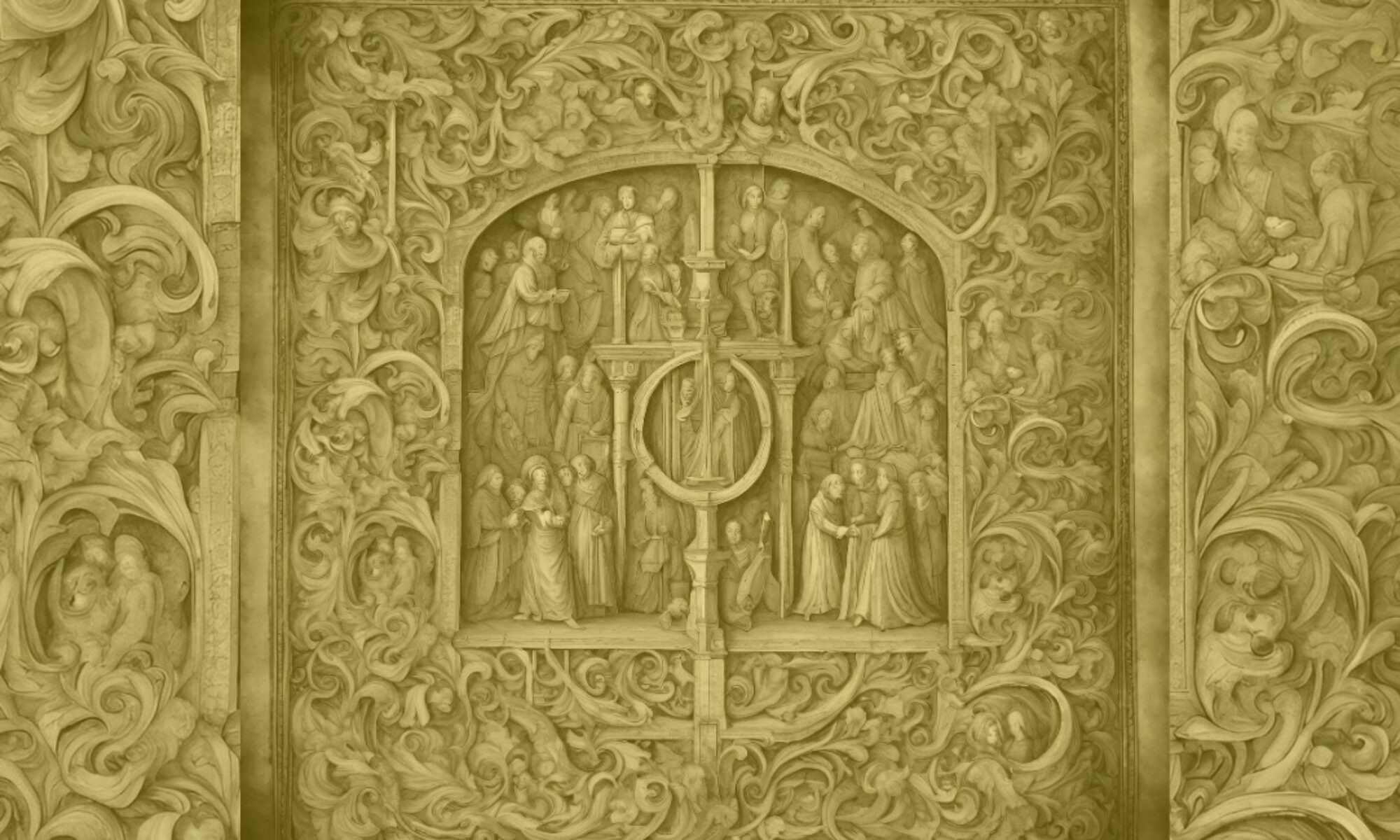Dr. Parab’s presentation is called “Stories of Love & Lust in Indian Mythology”

Love and Lust are two closely associated emotions of heart. Even today it is very difficult for an individual to rightly classify his / her emotion either as Love or Lust. This quest of understanding and differentiating Love from Lust and to put it in social context of morality has continued for thousands of years. How then has India being one of the most ancient civilizations and a rich storehouse of literature stay aloof from this quest? Also, what can be a better way to narrate these complicated human emotions with social moral context other than the mythical stories? Thus we find the stories of Love and Lust in Indian Mythology from Vedic Literature to Puranic Literature. Though these are human emotions; Gods also get entangled in them and thus face the consequences. This narration is so humane to understand that since even Gods can get entangled in Love and Lust; so can humans, and since even Gods have to face the consequences, so do humans.
About Dr. Parab
Dr. Sunil Parab is an Ayurveda Doctor and an Indologist by qualification. He is working as Associate Professor in Doon Institute of Medical Sciences; Dehradun. His research in Indology mainly revolves around Comparative Mythology and Folklore in regions of Maharashtra and Uttarakhand. He is associated with Sindhu Veda Research Institute as Indology Academician and Researcher. His expertise is in Classical Texts of Ayurveda, Sanskrit Language, Indian Mythology, Indian Philosophy and Indian Folk Deities.


